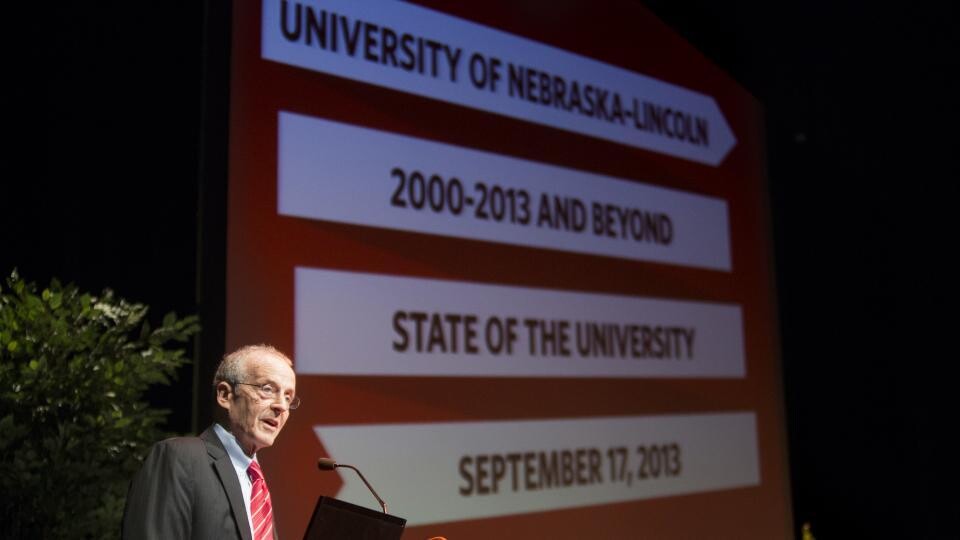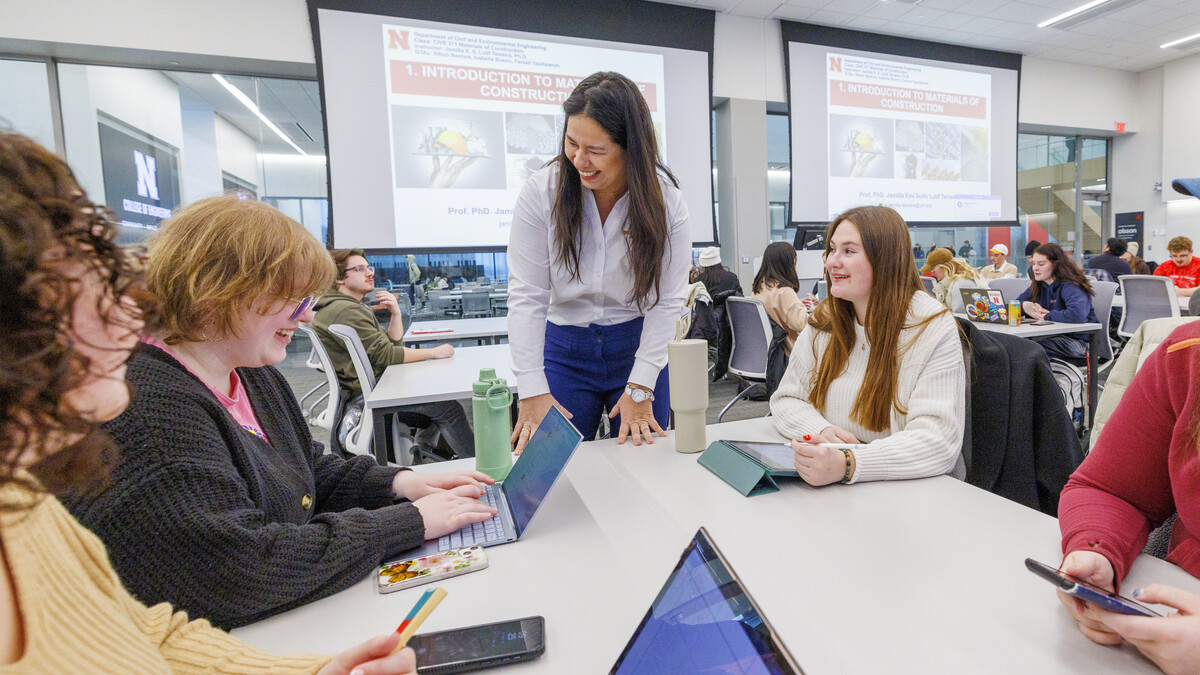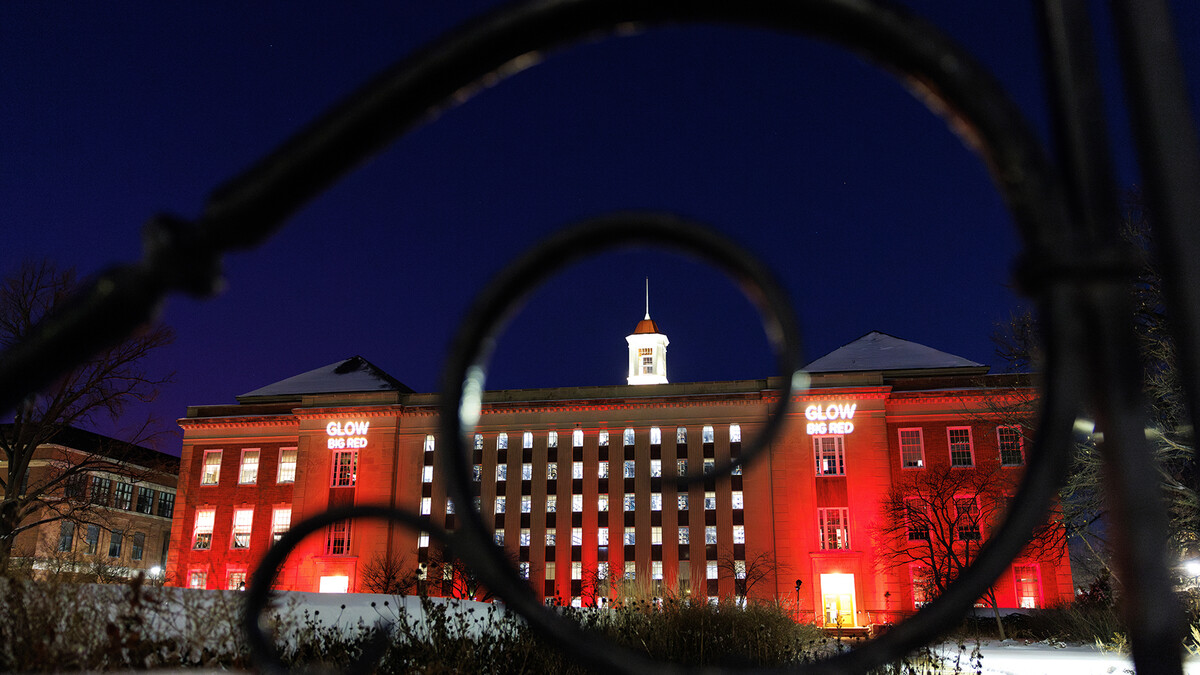
Chancellor Harvey Perlman issued the following message to UNL faculty and staff on Jan. 30, 2014, regarding budget reallocations.
Dear Colleagues:
As I indicated in the State of the University address last September:
… the system-wide budget requires some budget reallocations. We have three additional campus-specific issues: the $2 million deficit we imposed temporarily last year, approximately $570,000 in increased operating costs for new buildings, and some as yet undetermined increased support required for information technology.
The Vice Chancellors and I have struggled to find ways to address these issues without the necessity for program reductions or instituting the budget reduction process. We had hoped we would get some relief from the significant increased enrollment in the freshman class. The numbers are now in for second semester and while we have had a good increase in new student and distance education enrollments, total enrollment is reasonably flat. At the same time, university costs continue to rise. In short, while the revenue prospects if enrollments continue to increase are positive, our current financial situation is difficult.
My objective always in fashioning budget reallocations is to protect to the extent I can the core of the academic enterprise. Indeed in the last couple of years I have been funding a part of the shortfall, and the cash flow issues it creates, from central campus resources and I have tried to “float” the rest. We have, in short, a structural budget deficit and I believe we would be better positioned in the long term if we address the deficit now.
Accordingly, we are exploring changes in some of our financial policies that would help eliminate the current deficit and to assure we have the resources to meet both the opportunities and challenges ahead. However, we will also need to initiate the budget reduction process. That process begins with me outlining our current financial circumstances to the Deans and Directors, the Faculty Senate Executive Committee, the APC, and representatives from ASUN, UNOPA, and UAAD. I intend to do that at a meeting next week. Thereafter, I will share this information with the campus. My hope is we can find ways to meet our obligations without an elaborate and time consuming search to identify specific program reductions.
I am painfully aware that this university has significant momentum and that processes like this can become discouraging. In our current environment we are not unlike a start-up company where the potential revenue lags current expenditures. We will be in a better position in the long run if we bring our current budget into balance, without disrupting the extraordinary progress we are making. The future remains bright if we can accomplish this. I ask you for your continued support and engagement as we work through these difficult issues.
Harvey







